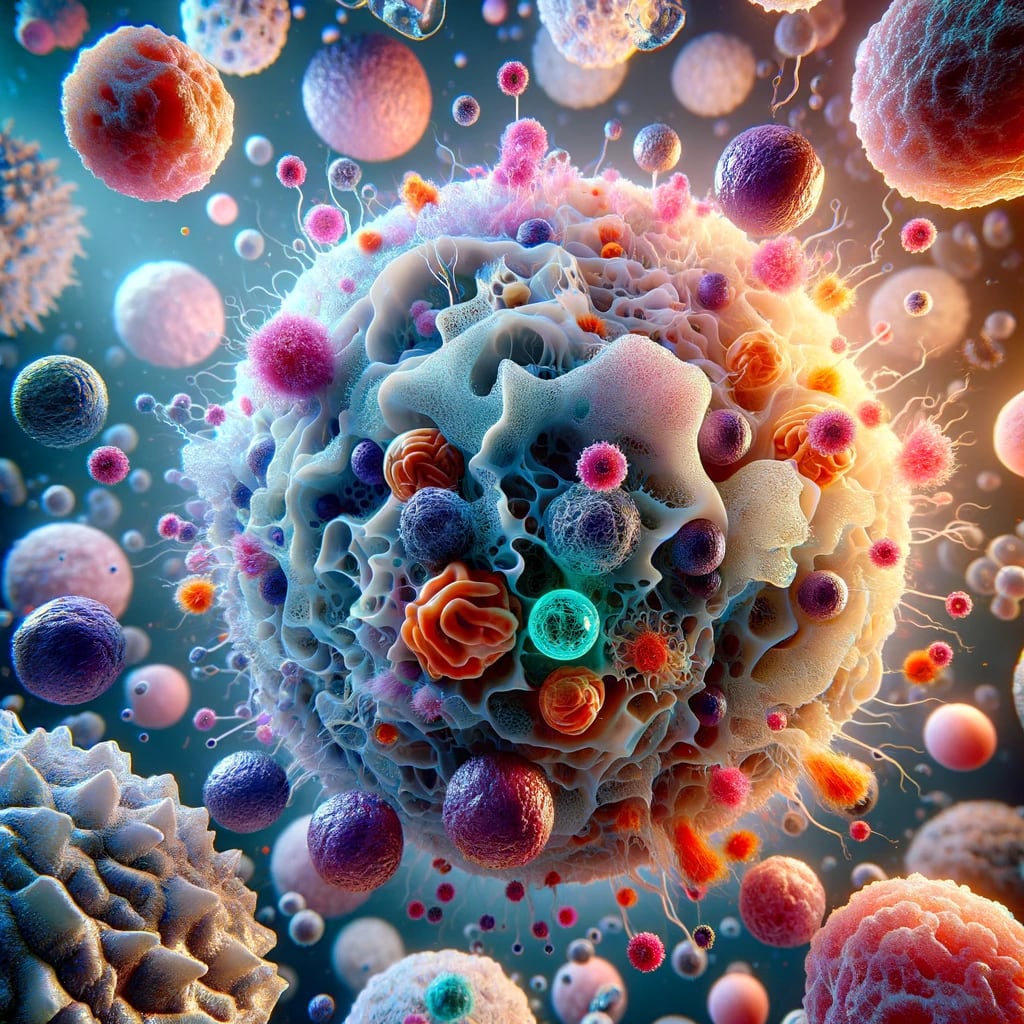Revolutionizing Cancer Treatment: The Impact of Immune Checkpoint Inhibitors

The landscape of cancer treatment has undergone a remarkable transformation with the advent of immune checkpoint inhibitors, an approach that appeared in 2010 and has since redefined oncology. These innovative therapies have not only brought new hope to patients but have also significantly shifted the paradigm in cancer treatment.
Understanding Immune Checkpoint Inhibitors
Immune checkpoint inhibitors are a class of drugs that harness the body's immune system to fight cancer. The human immune system is adept at detecting and eliminating abnormal cells, including cancerous ones. However, cancer cells can cleverly evade immune detection by exploiting certain proteins, known as checkpoints, that normally keep immune responses in check. Immune checkpoint inhibitors work by blocking these proteins, thereby unleashing the immune system to recognize and destroy cancer cells.
Key Checkpoint Proteins: CTLA-4 and PD-1/PD-L1
Two critical checkpoint proteins targeted by these therapies are CTLA-4 and PD-1/PD-L1. Drugs targeting CTLA-4, like ipilimumab, were among the first to be developed in this category. PD-1/PD-L1 inhibitors, such as pembrolizumab and atezolizumab, have shown remarkable efficacy in treating a variety of cancers including melanoma, lung cancer, and kidney cancer. Specifically, the below cancer types are particularly prominent use cases for immune checkpoint inhibitors.
Melanoma
Melanoma, a serious form of skin cancer, was one of the first cancers to be treated effectively with immune checkpoint inhibitors. These drugs have significantly improved survival rates in advanced melanoma cases.
Non-Small Cell Lung Cancer (NSCLC)
NSCLC is another major cancer type where immune checkpoint inhibitors have shown significant efficacy, especially in patients with specific genetic markers.
Renal Cell Carcinoma (Kidney Cancer)
Renal cell carcinoma, a type of kidney cancer, has responded positively to treatments with immune checkpoint inhibitors, offering new hope for this challenging cancer type.
Hodgkin Lymphoma
Immune checkpoint inhibitors have emerged as an effective treatment option for Hodgkin lymphoma, especially in cases where other treatments have failed.
Bladder Cancer
Bladder cancer patients, particularly those with advanced stages of the disease, have benefited from the use of immune checkpoint inhibitors, improving survival and quality of life.
Head and Neck Cancers
Certain types of head and neck cancers, particularly those associated with HPV (Human Papillomavirus), have shown responsiveness to immune checkpoint inhibitor therapies.
Colorectal Cancer
For colorectal cancer with specific genetic features like microsatellite instability-high (MSI-H), immune checkpoint inhibitors have proven to be an effective treatment option.
Durable Responses and Improved Survival Rates
One of the most significant impacts of immune checkpoint inhibitors is the potential for long-term, durable responses. Traditional chemotherapy often provides temporary relief, but cancers can recur and become resistant to treatment. In contrast, immune checkpoint therapy can lead to sustained remission, effectively 'training' the immune system to keep cancer at bay. Clinical trials and real-world studies have demonstrated improved survival rates in several hard-to-treat cancers, marking a substantial leap forward in oncology.
Expanding Opportunities for Cancer Therapy
The success of immune checkpoint inhibitors has opened new avenues in cancer therapy. Their use is being explored in a wide range of cancers, with ongoing research focusing on understanding why these drugs work exceptionally well in some patients but not in others. This has led to the exploration of biomarkers that can predict response to therapy, enabling personalized cancer treatment strategies. However, the main biomarkers used in the clinic are either tumor mutation burden, or expression levels of PD-L1.
Combination Therapies: A Synergistic Approach
Another exciting development is the use of immune checkpoint inhibitors in combination with other treatments, such as chemotherapy, targeted therapy, and radiation. These combination therapies aim to enhance the effectiveness of each modality, offering a more robust attack against cancer. Clinical trials in this area are showing promising results, indicating that combination therapy could be a key strategy in future cancer treatment protocols.
Challenges and Future Directions
Despite their impressive benefits, immune checkpoint inhibitors are not without challenges. These drugs can cause immune-related side effects, as the activated immune system can sometimes attack normal tissues. Additionally, the cost of these therapies remains a significant barrier for many patients. Future research is directed towards mitigating these issues, improving patient selection, and enhancing the efficacy of these drugs. Lastly, emergence of resistance to immune checkpoint inhibitors is often hard to treat and leaves patients with few options available other than clinical trials.
Conclusion
The impact of immune checkpoint inhibitors in cancer treatment is nothing short of revolutionary. By turning the immune system into a powerful ally against cancer, these therapies have changed the face of oncology, offering new hope to patients who previously had limited options. As research in this field continues to evolve, we stand on the cusp of a new era in cancer treatment, one that promises more effective, personalized, and sustainable solutions for fighting this complex disease.